Oxidative Damage - The Real Cause of AgingA good way to think of it is as "internal rusting." The older we get, the greater this imbalance becomes, and the more we start to see the signs of damage. Which can be everything from physical signs of aging (like gray hair) to internal processes like inflammation or chronic pain. Oxidative damage is linked to a variety of diseases and conditions associated with aging, including:
Can Vitamin C Stop Oxidative Damage?
But not all vitamin C is equalA study demonstrated this! Researchers took a group of habitual smokers and split them into two groups. One group got 1050mg of standard vitamin C tablets, and the other got 1050mg vitamin C from a whole food source - camu camu. After 7 days, the group that got the whole-food vitamin C from camu camu had significantly decreased signs of oxidative stress and inflammation. The group that got tablets of vitamin C had no changes. Why Whole Food vs. Synthetic Matters So Much
In another study, 1000mg of isolated, synthetic vitamin C significantly reduced endurance capacity and decreased training efficiency. That's definitely not what we want! Keep Using Vitamin C - Just Choose Wisely The take away from all of this is that whole-food vitamin C is a powerful anti-aging tool, maybe one of the best ones we have! Just don't waste your time or money on synthetic or isolated vitamin C supplements. If you're not sure you have the real-deal, just flip your vitamin C bottle around and look at the supplement facts. Does it say "ascorbic acid?" That's likely a sign it is NOT whole-food vitamin C. If you are using an isolated vitamin C, consider swapping it for a whole food source.
Look for whole food sources like amla berry, camu camu berry, and unripe acerola cherry.
0 Comments
Olive oil has been harvested for thousands of years. It is widely respected in nutrition circles for its anti-inflammatory and other health benefits. It may help to reduce inflammation, support health, aid weight loss, improve insulin sensitivity, support brain health, boost immune health, offer anti-aging effects, and support a healthy mood among other health benefits. However, not all olive oil is made equal. Many olive oils on the market are of lower quality with fewer health benefits. Some of the olive oil bottles you see are falsely advertised and are not even olive oil. If you want to enjoy the benefits of olive oil, you have to understand how to buy the highest quality extra-virgin olive oil. What is Olive Oil
Olive Oil is a Nutritional Powerhouse
Key Nutrients in Olive Oil
Vitamin E: Extra virgin olive oil is rich in Vitamin E. Each tablespoon of extra virgin olive oil has about 1.9 mg of Vitamin E, a fat-soluble antioxidant that can protect the body against eye and skin problems and in fact make hair and skin much healthier. Nutrition Facts
Health Benefits of Olive Oil Olive oil offers many health benefits, including heart health benefits, weight loss support, improved insulin sensitivity, brain health support, immune health benefits, anti-cancer benefits, anti-aging effects, and improved mood. Let’s discuss these benefits in detail.
Aids Weight Loss and Insulin Sensitivity Consuming EVOO may help to support your weight loss goal and improve insulin sensitivity. Fats are generally more satiating than sugar and carbs. This means that they reduce cravings, overeating, and snacking. This makes low-fat diets generally unsustainable in the long-run leading to a yo-yo effect. According to a 2006 study published in Archives in Internal Medicine, people on higher-fat, low-carb diets lost more weight than those on a low-fat diet. Those on a higher-fat diet also had better cholesterol levels. A 2010 study published in the Journal of Women’s Health has also found that olive oil-rich higher fat diet improved weight loss compared to low-fat diets. Moreover, according to a 2020 review published in Advanced Nutrition, oleic acid in olive oil may help to reduce obesity and support healthy body weight. Olive oil may improve membrane function, insulin signaling, enzyme activity, and gene expression, thus may improve glucose metabolism. According to a 2009 review published in Progress in Lipid Research, olive oil may help to improve insulin sensitivity and reduce the risk of type 2 diabetes. Eating too many carbs can increase blood sugar while fats help to stabilize blood glucose and insulin levels. Adding EVOO’s to your meals may help to slow down the sugar entering your bloodstream. Because it may help to make you feel more satisfied after meals, it reduces your risk of reaching for sugary junk food after. Olive oil offers anti-inflammatory benefits and may support brain health. According to a 2009 review published in Acta Neurologica Taiwan, much of your brain is made up of fatty acids and need plenty of fatty acids to function well on a daily basis. This means that your brain needs fats to perform tasks, focus, memorize things, think clearly, and support a healthy mood. A 1999 study published in Neurology has found that olive oil and MUFAs may support brain health as we age and may help to fight age-related cognitive decline. According to a 2021 book, Olives and Olive in Health and Disease Prevention published by the Academic Press, extra virgin olive oil supports cognition and brain health. Researchers found that the neuroprotective qualities of EVOO may help to improve memory, delay cognitive decline, support verbal fluency, improve visual memory, and reduce the risk of developing dementia and Alzheimer’s disease. Immune and Anti-Cancer Benefits
Anti-Aging Adding olive oil to your diet may also help to reduce signs of aging. EVOO is rich in antioxidants. One of these antioxidants is secoiridoid, which helps to activate genes that lower cellular stress thus offer anti-aging benefits. According to a 2013 article published in Cell Cycle, secoiridoids in olive oil may help to suppress gene expression connected to the Warburg effect, which is a process connected to cancer formation. They found that secoiridoids may help to reduce the risk of age-related skin cell changes. Supports Healthy Mood
How to Buy Olive Oil
Now an other problem is that according to a CBS report, about 70 percent of EVOOs on the market are watered down with other oils. This means that you can’t always trust the labels. Being lied to is a problem itself, of course, but an even bigger issue is that these watered-down and fake olive oils can pose some health risks to your health and also don’t possess all the beneficial qualities of real olive oil. When looking for a real high-quality EVOO, always read the label. Look For The Following When Buying Olive Oil:
One of the concerns that many have with cooking with olive oil is its low smoke point and the fact that it starts to decompose around 200 degrees Fahrenheit. Some older studies and discussions only looked at the smoke point as a reference for safety. But they disregarded potential toxic effects. A 2018 study published in the Acta Scientific Nutrition of Health, on the other hand, has found that the smoke point is not a good reference. Instead of simply measuring smoke points, they measured the toxic compounds that were released during cooking. They had some surprising results. They performed two tests. They heated the oils gradually from 25 to 240 Celsius (77 to 464 Fahrenheit) and then measured them at every 30-degree increase. They also heated the oils at 180 Celsius (356 Fahrenheit) for 6 hours, which is much longer than many slow cooking methods recommend. They measured samples at 30, 60, 180, and 360 minutes. In each sample, they looked at oxidation, oxidation stability, fatty acid profile, and toxic byproducts or polar compounds. All the samples were cooled and analyzed later. The oils that were tested included: EVOO, virgin olive oil, olive oil, canola oil, rice bran oil, grapeseed oil, coconut oil, high oleic peanut oil, sunflower oil, and avocado oil. They looked at canola and grapeseed oil, which both have high smoke points and in theory, should be stable at higher temperatures. Yet they found that both showed a significant spike in polar compounds and toxicity at over 150 Celsius. On the other hand, avocado and refined olive oil fared better than canola and grapeseed oil. Researchers only noticed a small spike at over 180 Celsius. The results of the study suggest that the smoke point of the oils is not a stable number and not an indication of safety. The oxidative stability, which is based around the level of saturated and monounsaturated fats, which are more stable than polyunsaturated fats, along with antioxidant compounds in the oil is a much more important factor. How Best to Use Olive Oil Looking at the results, EVOO is clearly the best choice and coconut oil is a close second. Other studies have shown coconut oil to be slightly more stable. The point is that olive oil has great oxidative stability and handles oxidation so effectively. However, as we discussed earlier, olive oils are not made equal, and it’s important that you use high-quality EVOO whether it’s for cooking or otherwise.
Many people still prefer to cook with saturated fats, such as high-quality grass-fed tallow, butter, or ghee as a safe and healthy animal source. Those are all fantastic choices that I encourage you’re to use in your kitchen. However, don’t shy away from cooking with EVOO either as it has great oxidative stability. Additionally, you can use EVOO in your uncooked dishes. You can simply drizzle it on your salads and vegetables. You may mix it with some balsamic vinegar, dijon mustard, or other ingredients for a delicious salad dressing or dip for veggies or a gluten-free, low-card, homemade, keto bread. You can mix it with seasoning and drizzle it on your grilled, sauteed, steamed, or roasted vegetables or meat after they’re finished cooking. You may add it to raw vegetable soups, pesto, spreads, and dips.
What Is Deep Sleep?
Unlike Rapid Eye Movement (REM) sleep, deep sleep is characterized by slow eye movement and a downstate that allows your neocortical neurons to rest. Experiencing deep sleep each night is absolutely essential for waking up refreshed and feeling energized during the day. Sleep & Brain Detoxification
Importance of Melatonin
Melatonin helps to clean environmental toxins and other pathogens from your brain.
Improving Deep Sleep Here a few suggestions:
1. Good Sleep Habits A 2016 review published in Sleep has found that going to sleep and waking up around the same time supports your body’s circadian rhythm, or natural wake-sleep cycle
2. Reduce Stress & Practice Gratitude
3. Get Sunlight During the Day
4. Regular Movement & Exercise
5. Reduce Blue Light Exposure at Night
Dim your light in the evening. Use specific light dimming night bulbs. To reduce blue light exposure from your computer, laptop, tablet, phone, and other electronics, use blue light blocking glasses. Even if you are using these blue light blocking glasses, it’s important that you turn off your electronics at least two hours before sleep, reduce stimulation, relax, and unwind your body and mind. 6. Blackout Your Room
7. Balance Your Blood Sugar
8. Improve Nasal Breathing
Knowing how you breathe at night can be difficult to know since you are sleeping. If you are dealing with congestion, nasal breathing can also become more difficult. 9. Reduce EMF Exposure
Regular EMF exposure can lead to an array of symptoms and health issues. According to a 2012 study published in the Iranian Journal of Environmental Health Science and Engineering, even low EMF exposure can interfere with sleep quality.
10. Optimize Magnesium Levels
Most people are deficient in magnesium and can benefit from supplementation. I recommend using Ancient Minerals Magnesium Lotion with Melatonin and Mag Sleep or Brain Calm Magnesium for better sleep. You may also add some magnesium-rich foods, like greens, avocados, nuts, and seeds, to your diet. Source - click here.
With some of us stuck at home bored or indoors at work, overwhelmed, and in close proximity to the a kitchen or fast food, snack attacks were bound to happen. Are we surprised? Snacking is not always a problem. Yes, intermittent fasting is great and works, and snacking is widely maligned in the ancestral health world at large.
If you're stuck snacking, here are a few things to consider: 1. Set Up Your Environment for Success
2. Practice Mindful Snacking
3. Restructure Your Meals
4. Choose Supportive Snacks
5. Try “Movement Snacking”6. Take a Nap
Best Herbs To Support Healthy Blood Sugar Levels Eating a healthy, nutrient-dense diet low in carbs and low in Advanced glycation end products (AGEs) is key for supporting healthy blood sugar levels. Additionally, you can use some specific herbs that have been shown to support healthy blood sugar levels. Here are a few great herbs for healthy blood sugar levels:
Source article and all study links - click here.
Almost everybody likes sweet things, and certainly sugar seems to be in everything. So how do you correctly read labels when it comes to sugar? What's a good sugar versus a not so ideal sugar? There are three main sugar claims that you may find on food labels:
Sugar-Free When you see "sugar-free" on a product label, it means that the food contains less than a half of a gram of sugar per serving size. This includes any type of sugar that could be found in the food. Obviously, the white stuff counts toward the total. So does maple syrup and honey. Naturally-occurring sugars count too, like lactose in milk or fructose in fruits. Sugarless alternative sweeteners won't contribute to the total sugar in a product. Those are allowed under a sugar-free label. The term "sugar-free" is regulated, so if an item says it's sugar free, you can be pretty confident that it contains less than half a gram of sugar per serving. If you're aiming to stay under that half a gram (or one gram, or whatever your limit is), you'll want to watch your serving sizes. Some products have tiny serving sizes on the label, when typical consumption is much larger. It adds up. No Sugar Added "No sugar added" means that no sugar ingredients are added during the processing of foods, including sugars from syrups and honey, and sugars from concentrated fruit or vegetable juices. That doesn't mean you end up with a product containing zero grams of sugar. For example, a banana could bear a "no sugar added" label, but it actually contains around 14g of naturally-occurring sugar. It also doesn't mean sweet foods with "no sugar added" are automatically suspect. Unsweetened An unsweetened food is one that hasn't been sweetened at all – no sugar, no artificial sweeteners, no natural sweeteners, no zero-calorie sweeteners, nothing that adds to the sweetness of the recipe. Sneaky Sugar Labeling Look out for these! "Sugar-free," "unsweetened," and "no sugar added" don't tell the full story. If you want real information about what's in your food, you should be reading labels. The Sugar Science department at UCSF lists 61 different names for sugar. Here we go:
10 Signs Of Magnesium Deficiency
Below are 10 signs that clue as to whether or not someone has a magnesium deficiency. 1. Poor Cognitive Processing
2. Headaches & Chronic Migraines
Much of this has to do with magnesium's ability to help regulate calcium balance within neuronal cells. Too much calcium can lead to neurotoxic effects where the brain cells are overstimulated and this is a major factor in headaches and migraine formation. 3. Constipation & IBS
4. Fatigue
5. Insomnia
6. Muscle Spasms & Cramping
7. Chronic Pain & Fibromyalgia
8. Heart Arrhythmia
9. Numbness and Tingling
This effect has been highlighted in research showing protective properties against peripheral neuropathy induced by certain cancer therapies. 10. Mood Disorders
Ways To Support Magnesium Levels 1. Magnesium Rich Foods As with most nutrients, always start with your diet. There are plenty of great food sources of magnesium that are easy to incorporate into your daily life. Some of my favorites are:
Picking a few high-magnesium foods and consuming them on a regular basis. For example, use avocados to make avocado chocolate protein pudding and eat it for lunch! 2. Epsom Salt Baths
3. Supplemental Magnesium When it comes down to it, our food supply just isn’t what it used to be. Industrialization and poor attention to soil quality has depleted our soil of vital nutrients that used to be passed into the food we ate. Although we are starting to wake up to this fact and make more conscious efforts to create nourished farming conditions, our food is still lacking in the nutrition our bodies need. More details and references - click here.
Amazing Turmeric Fat Burning Coffee
This fat burning coffee recipe will help you get into ketosis, burn fat and reduce inflammation quickly! For many people, this is their breakfast…as the good fats help to provide satiety and the combo helps to balance blood sugar, increase energy and improve mental output. Unless someone has extreme adrenal fatigue or a major sensitivity to coffee, this can be used to improve fat burning and overall mental performance.
What is the Thyroid Gland & How It Works
A normal thyroid gland weighs everywhere between 20 and 60 grams (0.7 to 2.1 ounces). Our thyroid is responsible for producing the master metabolism hormones that control every function in our body. It produces two hormones:
What Affects Thyroid Health & Ways to Strengthen It 4 Things That Can Affect Our Thyroid Health These are some key causal aspects that can ruin our healthy thyroid function: Gluten sensitivity can cause our gastrointestinal system to break down, so foods we eat aren't completely digested, which may lead to leaky gut syndrome, allowing bacteria and other toxins to enter our bloodstream. This link becomes more apparent as one study highlights a connection between autoimmune thyroiditis and celiac disease, a gluten-related autoimmune condition that damages our small intestines. There are studies explaining the danger of soy foods such as their anti-nutrients, impact on digestive health and goitrogens that affect thyroid function. Properly or traditionally fermented, organic, non-GMO and unprocessed soy products such as natto, miso, and tempeh are fine - it's the unfermented soy products we should stay away from, like soy "meat," soy milk and soy cheese. When we ingest or absorb bromine, it displaces iodine, and this iodine shortage leads to an increased risk for cancer of the breast, thyroid gland, ovary and prostate cancers that we see at alarmingly high rates today. This phenomenon is significant enough to have been given its own name: the Bromide Dominance Theory. In addition, when food becomes tainted with bromine, it may cause nausea and vomiting. Bromine can be found regularly in a number of places, including:
Many of us are almost always under chronic stress, which results in increased adrenal stress hormones and cortisol levels, and elevated cortisol has a negative impact on thyroid function. Thyroid hormone levels decrease during stressful times. When stress becomes chronic, the flood of stress chemicals, adrenaline and cortisol, produced by our adrenal glands interfere with our thyroid hormones, causing a whole range of health-related issues like obesity, high blood pressure and high LDL cholesterol. It also affects our glucose metabolism. Best Weapon Against Thyroid Problems
Some noteworthy examples include:
The Total Diet Study, performed by the FDA, reported an iodine intake of 621 micrograms for 2-year-olds between 1974 and 1982, compared with 373 micrograms between 1982 and 1991. One probable reason for the reduced iodine intake through the years is its disappearance from our food supply because of iodine-deficient soil How to Increase Your Iodine Levels Naturally Sadly, up to 30% of the population worldwide could be at risk for iodine deficiency. In fact, iodine deficiency is one of the three most common nutritional deficiencies, along with iron and vitamin D. Here are some helpful strategies to increase our iodine levels naturally:
Simple Steps We Can Do to Improve Our Thyroid Health Here are simple ways that we can take in order to improve the performance of our thyroid:
Let's connect if you have any questions.
...Unexpected signs and consequences exposed About 60 percent of you is made of water. Since your body needs water to perform hundreds of basic physiological functions, it's imperative to continually replenish yourself through adequate fluid intake. Indeed, dehydration is a major health risk, and particularly for older adults.
Now, there's no single answer to the question: "How much water should I drink?" But a good starting point is about half of your body weight in ounces. For example, at 200lbs, you should drink about 100oz of water every day! To optimize your health and avoid dehydration, you might need more or less than this, depending on your activity level.
Not drinking enough water tends to hit the older population MORE, here are 3 often-ignored warning signs to look out for.
Be aware of these 3 often overlooked signs of dehydration in older adults:
Let's connect if you have any questions.
Your immune system is a complex system that protects you from viruses, bacteria, parasites, and other pathogens. It is a complex system that’s essential for your health and survival. As we face more stressful experiences it is even more important to strengthen your body with good immune support strategies. The 12 strategies below are not supported by the FDA as a treatment for any health condition. But they can be highly supportive for your body’s overall wellness. What is the Immune System If you want to understand your immune system, imagine a network of cells and tissues spread throughout your body involving your cells, tissues, and organ. Your immune system is on a constant lookout for invaders and ready to attack and protect you through a so-called immune response. It is your defense system and inner-army of protection. Immune Response Process Antigens are any substances that are considered to be an invader. They prompt an immune response. They include viruses, bacteria, fungi, toxins, or other foreign materials. When your B lymphocytes, or B cells, spot an antigen, they release antibodies. Antibodies are part of the immunoglobin family and are a type of protein that can lock antigens.
Immune System Problems
Hypersensitivity Hypersensitivity means that your immune system overreacts to something and damages healthy cells. Anaphylactic shock due to an allergen is one example of this. Even if you don’t have any of these immune system problems, unhealthy lifestyle and dietary choices, toxins, and stress can weaken your immune system and thus compromise your immune system response making you more vulnerable to illness and making recovery more difficult. Supporting a Balanced Immune Response Your T cells help to coordinate immune regulation and kill compromised cells. However, T cell function decreases as you age and lowers immunity, especially in older adults. This is why respiratory infections, influenza, and pneumonia cause more risk and are among the leading causes of death in those over 65. Unhealthy lifestyle choices, including an inflammatory diet, lack of exercise, smoking, inadequate sleep, chronic stress, and improper hygiene can also compromise your immunity and make you more prone to disease. Supporting a balanced immune response is critical for your health and well-being. The good news is that it is never too late to start making dietary and lifestyle changes to support proper T cell function and immune regulation. Top 12 Immune Support Strategies
Be Grateful & Positive
Engage in uplifting activities, such as dancing in your living room, playing with your kids or pets, watching a comedy, listening to music, or reading your favorite book. Say a prayer or practice any spiritual activities that feel right for you. If you need help in developing a positive mindset, seek help from a counselor, therapist, or life coach. Prioritize Good Sleep For Immune Support Avoid electronics and instead try board games, reading, relaxing music, crossword puzzles, crafts, coloring, meditation, and journaling. Make sure your bedroom is a safe sanctuary with a comfortable bed, bedding, and pillows. Avoid Sugar & Processed Foods
Practice Intermittent Fasting For Immune Support
Consume Immune Support Enhancing Foods Use mint, low glycemic index fruits including lemon, lime, and berries, healthy fats including avocado, coconut oil, extra virgin olive oil, grass-fed butter, and ghee, clean protein including grass-fed beef, free-range poultry and eggs, wild-caught fish, and wild boar, fermented foods including kimchi, sauerkraut, and kefir, and medicinal mushrooms including reishi, cordyceps, and turkey tail. Choose home-cooked meals whenever possible. Fresh Air, Sunshine, and Grounding
Be sure to step outside and spend time in your garden, yard, balcony, or street in front of your house or apartment as much as you can. Open the windows to let the fresh air in. Grow some plants to allow nature to be present inside. Go for a walk or a jog while keeping the recommended social distance in order to uplift your spirit and improve your immune system during this time. Regular Movement & Exercise Mix up cardiovascular exercises, such as walking, running, biking, or dance, as well as resistance and strength training including weight lifting, CrossFit, TRX, and pilates. High-intensity interval training (HIIT) provides the benefits of both. Good Hydration & Drink Herbal Teas
Optimize Vitamin D Levels
Take Probiotics & Digestive Enzymes Your gut health and immune health are interconnected. Keeping your gut microbiome balanced is absolutely critical for a healthy immune system. Use Vitamin C & Zinc For Immune Support Foods that are rich in zinc include spinach, pumpkin seeds, salmon, and grass-fed dairy. Use an Infrared Sauna For Immune Support Infrared saunas have countless health benefits. They support detoxification, improve immune health, reduce stress, and improve energy.
Source - click here Your immune system is your body’s defense system and works to fend off bacteria, viruses, fungi, parasites, and toxins. Unfortunately, our world is full of toxins that can compromise your immune system and increase your risk of infections, illness, and disease. Fortunately, there are some natural support strategies that support detoxification, weakened immunity, and your health. You will learn how toxins may disrupt your immunity. You will learn about the top 7 toxins that may weaken your immunity. You will learn the top tips to detox and support healthy immunity. Importance of Healthy ImmunityYour immune system is an incredibly important system. It is your body’s defense system, it is your friend, your protector, and your personal bodyguard. Your immune system’s job is to protect you from infections and health problems caused by viruses, bacteria, fungi, parasites, and toxins.
How Toxins Disrupt Immunity
Top 7 Toxins That Weaken Immunity Knowledge is your first step to recovery and health. You must know the sources of various toxins that impact our body and weaken immunity. While it is impossible to avoid exposure to these thing all together, it is critical to minimize your exposure and open up your drainage pathways to eliminate these chemicals from your body. Let’s learn more about the top 7 toxins that may weaken your immunity. 1. Glyphosate
2. Mold & Mycotoxins
3. Phthalates Phthalates are a group of chemicals that are incredibly toxic and weaken immunity. They are the most commonly found cosmetics but may be found elsewhere. According to the US Food and Drug Administration (FDA), they are “used in hundreds of products, such as toys, vinyl flooring and wall covering, detergents, lubricating oils, food packaging, pharmaceuticals, blood bags and tubing, and personal care products, such as nail polish, hair sprays, aftershave lotions, soaps, shampoos, perfumes, and other fragrance preparations”. 4. Heavy Metals
Some common heavy metals that you may encounter include lead found in lead-containing paint, contaminated municipal tap water, cosmetics, contaminated food, and tobacco products, arsenic, found in pesticides, commercially grown produce, apple juice, rice products, glass work, smelting, and semi-conductor production, mercury, found in larger seafood, dental amalgam silver tooth fillings, and some vaccines, cadmium, found in tobacco, metalworking, soldering, battery manufacturing, and contaminated foods, aluminum, found in some vaccinations, antiperspirant deodorant, municipal tap water, canned food and drinks, and some processed foods. 5. Organophosphates
6. Xylenes
7. Endotoxins
How To Detox and Support Immunity When dealing with toxic exposure and a high toxic load, the first step is to do our best to avoid the main sources that weaken immunity. Once we have done that, we want to focus on opening up our detoxification and elimination pathways. Our primary drainage pathways are from our lungs, skin, kidney’s and colon. We literally need to enhance our respiration, perspiration, deification and urination systems to eliminate these toxins from our bodies. Detoxification can sound scary, but once you learn about how to detox and support your immunity, you will realize that it's actually a simple and straight-forward process. Anti-Inflammatory Nutrition Plan
Try Eating:
Intermittent & Extended Fasting
Once you are more experienced with intermittent fasting, try an extended fast, which can last for a few days or even a week or two. During your extended fast, you are only drinking water and possibly other non-caloric, healthy drinks, such as herbal tea, and refrain from food. Great Hydration & Water Filtration
Exercise & Movement
Daily Sun Exposure & Grounding
Infrared Sauna Usage Infrared sauna therapy is a form of sauna that uses infrared heaters that release infrared lights you experience as heat as it gets absorbed through the surface of the skin. It utilizes Far Infrared Technology (FIR), which is a non-invasive light therapy that can penetrate your body as much as three inches. It supports detoxification, offers immune support, and lowers inflammation. Source - click here.
I read this great article and wanted to share it. We've probably all heard about stem cells and the associated stem cell therapy. The article goes into much detail about what stems cells really are and how you can benefit from them, naturally! I summarized the highlights below and provided a link to the article so you can dig into the details.
Why Using SCT? SCT can help to lower inflammation and modulate the immune system. It can help damaged and disease tissue to repair and regenerate. It basically empowers your body to repair itself and allow a better quality of life. Below are the tip 8 ways to naturally activate stem cells and a brief summary. The article goes into much more details if you're interested:
Please read the full article at DrJockers.com.
Here is a quick and delicious recipe for some healthy brownies. Enjoy! Prep 15 mins - Inactive 20 mins - Total 35 mins Yield about 8 brownies Ingredients:
Instructions: Step #1: Preheat the oven to 325°F. Grease a 9 by 5-inch loaf pan with coconut oil or line it with parchment paper. Step #2: Place the 1 tablespoon coconut oil, coconut almond butter, avocado, cacao powder, and sweetener in a food processor or high-powered blender and blend on high until smooth. Using a spoon, stir in the chocolate chips. Step #3: Transfer the batter to the prepared loaf pan (it will be very thick). Using the back of the spoon, do your best to level out the batter across the pan. Step #4: Bake for 20 minutes. To test if it is done, stick a toothpick inside. It should come out fairly clean. If it has a lot of chocolate on it, try baking for another 5 minutes and then try the toothpick again. Remove from the oven and set aside to cool. Step #5: Cut into squares and serve or store in an airtight container (glass is preferred) at room temperature for up to a week or in the freezer for up to 3 months.
The foods below are for healthy eyes. They are natural ways to give your vision a boost from the inside out! Try them out. Keeping your eyes healthy becomes increasingly important as we age. The once who follow natural health know that nutrition is a great defense against degeneration associated with aging and eye health is no exception. The five foods below are amazing for eye health. You can include these power-packed nutrients in your diet as much as you want. Eating these foods and maintaining good general health practices can help your eyes stay strong and your vision remain clear well into your golden years. Here the quick list, with more details below: 1. Carrots Why? Loaded with beneficial vitamins and micronutrients. A good source of the carotenoids beta carotene, lutein and zeaxanthin, a class of antioxidant micronutrients that are believed to protect against macular degeneration and cataracts. A study sponsored by the National Eye Institute found that vitamin supplementation including beta carotene at levels well above the Recommended Dietary Allowance (RDA) reduced the risk of developing advanced macular degeneration by a whopping 25%. 2. Ginkgo Biloba Why? Ginkgo is a nutritional supplement that has been used as traditional herbal medicine in China for hundreds of years. Ginkgo leaves contain natural flavonoids filled with antioxidants that are believed to improve eye health by boosting circulation and protecting against damaging free radicals. Ginkgo has been shown to increase ocular blood, making it potentially effective in treating glaucoma and other eye diseases. Adding this potent supplement to your regimen may provide an added layer of protection against age-related memory loss and heart disease.
4. Coconut Oil Why? Coconut oil has many healthful properties. Caspase-3 is a family of protease enzymes that plays an essential role in inflammation and apoptosis, or programmed cellular death. Benefits to the retina increased when the dosage of coconut oil was doubled in one of the studies, suggesting that coconut oil was the significant factor behind these potent eye health benefits. 5. Oily Fish Why? Many fish are rich sources of omega-3 fatty acids. Oily fish are fish that have oil in their gut and body tissue, so eating them offers higher levels of omega-3-rich fish oil. The retinas need two types of omega-3 fatty acids to work right: DHA and EPA. You can find both in fatty fish, such as salmon, mackerel and trout, as well as other seafood. Some of the best fish are:
You feel like healthy eating gets more complicated every day? I hear you. Paleo, vegan, keto, low-carb, high-fat, organic, and the endless list of dietary terms can make it very difficult. The article below lays the basis of the worst foods for your health, along with the foundational principles of a healing diet to support optimal wellness in the body. Some of these worst foods may come as a surprise because they are marketed by the media as healthy, but you will come to find out why you will want to avoid them! Here is the list of the 9 Worst Foods:
Quick Note: While it is important to know which of the worst foods to avoid, it is never a good idea to be fixated on what you cannot eat. Once you understand the foods to avoid, keep a mental note. Take to heart the healing diet nutrition principles and begin incorporating them into your life. By doing so, you will begin to naturally avoid the worst foods for your health. Instead of feeling limited to a narrow selection of foods, you will experience liberation knowing that the foods that you are eating are adding to your vitality every day! Table Salt
Vegetable Oil
Un-fermented Soy Products
Processed Meat
Microwaved Popcorn
Non-Organic Produce
Artificial Sweeteners
Margarine
Canned Tomatoes
If you need any help with these suggestions or if you'd like to review your current lifestyle, please reach out. We can help you modify and adjust in a way that makes sense for your lifestyle - nothing cooky-cutter here. Source & research - click here.
A lot of people are anxious nowadays. For good reasons. The COVID-19 pandemic has morphed into something much greater than a viral illness alone. The fear, uncertainty, social isolation and financial devastation that have come along with it are now creating the perfect storm for mental health issues.
Below are a few potential steps to help you identify your anxieties and how to possibly deal with them. Anxiety can manifests itself in different ways for different people. Everybody is different and everybody reacts to stressors in different ways. It is key to listen to yourself.
Knowing these internal and external stressors can help you build a healthy self-care routine. It can help you plan your free time around activities that will recharge your batteries in a positive way. Here a few tips & hacks you can try:
Below are a few tips that can help you address anxiety you may experience during a crisis: Accept & Acknowledge that your anxiety and any negative thoughts emanate in such a time. It is a normal response to a global crisis. Re-frame by identifying the cognitive distortions behind your anxious thoughts. Then try to re-frame them in a positive way. Distract yourself constructively by building a self-care routine that will help you replace anxious thoughts with proactive habits.
Everyone gets stressed, but some people can relax quickly. That ability to pivot from the "fight-or-flight" response to the "rest-and-digest" response, it turns out, is incredibly important for health. So what am I talking about? It's called "vagal tone" because it's the vagus nerve, which runs from the brain through the lungs and the gut, that controls these responses. A high vagal tone is linked with reduced risk for cardiovascular disease, stroke, diabetes, gastrointestinal disorders and depression. The vagus nerve helps to regulate your heart rate, breathing, blood pressure, digestion, and emotional state among other functions. If you are experiencing anxiety, depression, stress, fatigue, or any emotional health symptoms, it may mean that you have a poor vagal tone, and your vagus nerve needs some care. FUNCTION Your vagus nerve, also known as the 10th cranial nerve, is one of your most important nerves in the body. It is also the longest nerve in your autonomic nervous system that extends from your brain stem through your neck into your chest and abdomen. While we refer to them together as "the vagus nerve," there are actually two vagus nerves, one on the left and one on the right. Vagus is latin for "wandering" which appropriately describes the nerve. It helps to regulate your heart rate, digestion, blood pressure, sweating, and speech, among other areas of your health. By controlling the muscles of your throat and voice box, it plays an important role of speaking and eating. It also helps your entire gastrointestinal tract working together, regulating your heart rate, and connecting your brain to the rest of your body. PARASYMPATHETIC FUNCTION
THE POLYVAGAL THEORY
While grazing, the gazelle felt safe and connected, when it was caught, the body went through a shutdown, but when the opportunity arose, flight-or-fight kicked in and it ran away. This story covers the exact same three states that the polyvagal theory focuses on connection, fight or flight, or shutdown. Before the emergence of the polyvagal theory, we only understood the nervous system as a two-part system with more activation and less calm or less activation and calmer. The polyvagal theory identified the social engagement system as a third type of nervous system response. So the moral of this short story is that if you are emotionally healthy in a non-stressful situation, you are in a normal state the polyvagal theory refers to as connection. In this state, you are able to make healthy connections with humans and feel safe. At this point, you feel happiness, peace, openness, calm, groundedness, and curiosity. You sleep well. You eat normally without overeating or undereating. Your immune system is functioning well. Your face is expressive, your body is calm, and you are able to relate to others emotionally. FIGHT OR FLIGHT VS REST & DIGEST/HEAL When you are under stress, it affects your entire body. Your sympathetic nervous system causes a flight-or-fight response to keep you alive. Even if you are not in real danger, but only experiencing daily stress, your body wants to keep you safe.
Experiencing a flight-or-fight or shutdown response to something scary, stressful, or triggering is absolutely healthy. We all do it. If there is a flash of lightning, or your boss calls you into their office unexpectedly, or someone suddenly cuts you off on the highway, you may experience signs of flight-of-fight, including increased heart rate, heavier breathing, or a need to scream.
THE IMPORTANCE OF GOOD VAGAL TONE The vagal nerve is involved in many areas across your body making a good vagal tone very important. A good vagal tone is important for:
SYMPTOMS OF POOR VAGAL TONE Sometimes the vagal nerve is damaged resulting in poor vagal tone. Symptoms of poor vagal tone due to nerve damage may include: Even if your vagus nerve isn't damaged, you may experience poor vagal tone. Symptoms of poor vagal tone even without nerve damage may include: MAJOR CAUSES OF POOR VAGAL TONE
STRATEGIES TO IMPROVE VAGAL TONE
Only a few t-shirts, hoodies and trucker caps are left! Hurry. AT COST. NO MARK-UP. FREE SHIPPING IN THE USA. Contact us today and let us know what size/color/style you'd like. All shirts & hoodies are super soft and comfortable.
As of 06/13/20 we still have the following inventory: WOMEN INDIGO, ROUND-NECK - THESE SHIRTS RUN SMALL. IF YOU WEAR A SMALL - ORDER A LARGE!
MEN V-NECK (BLACK)
MEN V-NECK (RED)
MEN INDIGO, ROUND-NECK
MEN GRAY/BLACK HOODIES Unisex Poly-Cotton Fleece Full-Zip Hood
WOMEN NAVY HOODIES Ladies 8oz 50/50 Full-Zip Hood
TRUCKER CAPS - BLACK
You can use the online form below to place your order. We try to keep this page updated but we cannot guarantee ever listed size is still available. We'll communicate via phone or email. Thanks much for your support. |
Author
DannyTheCoach Archives
January 2023
Categories
All
|



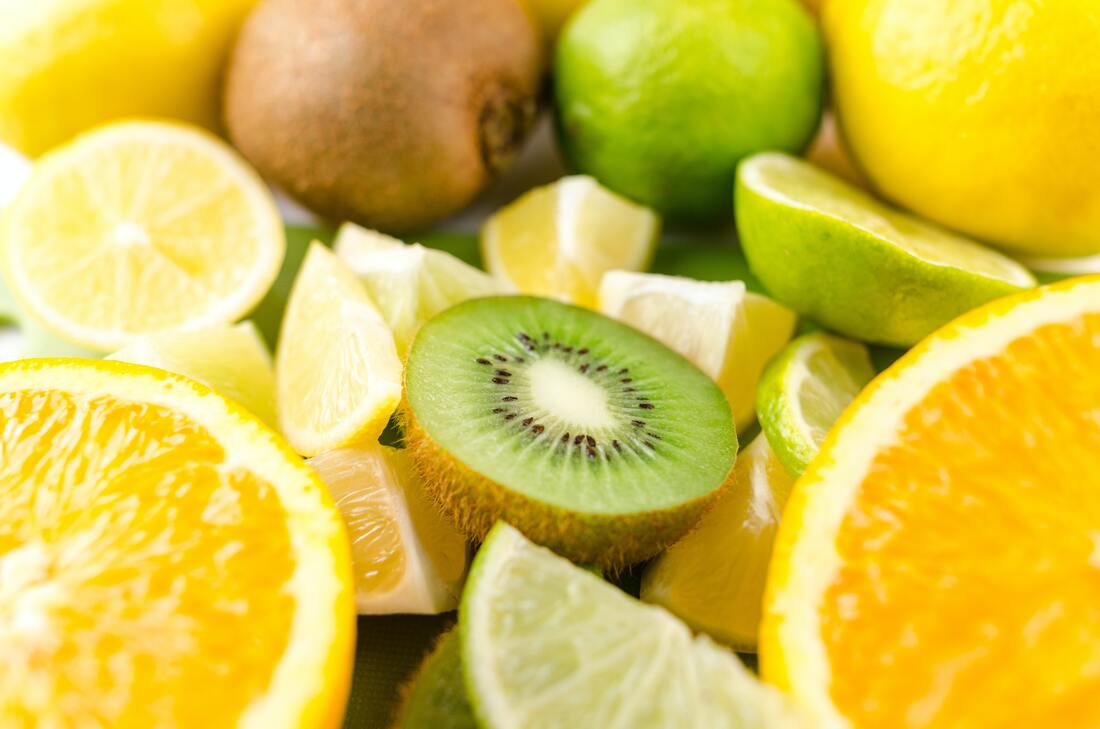


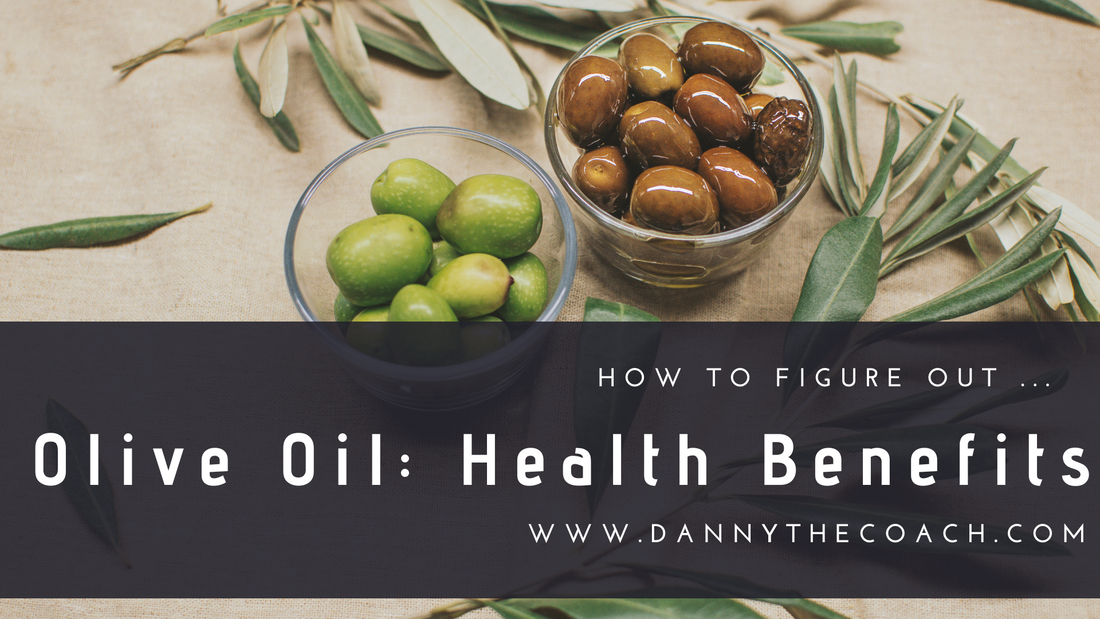
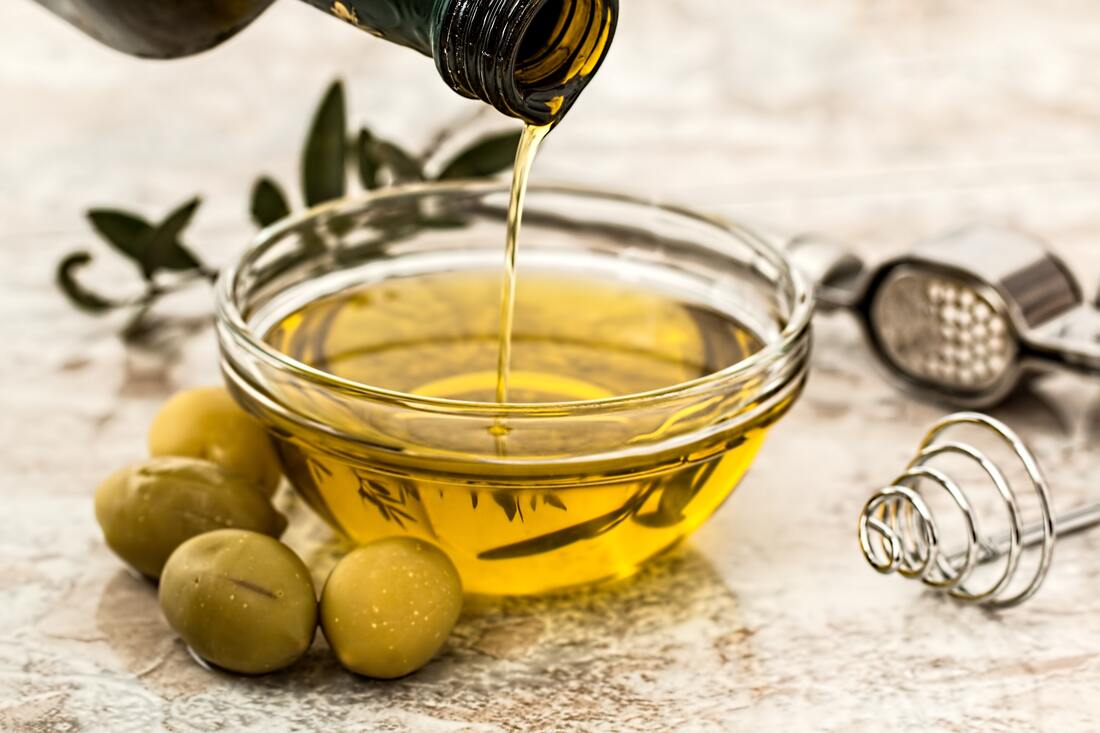


























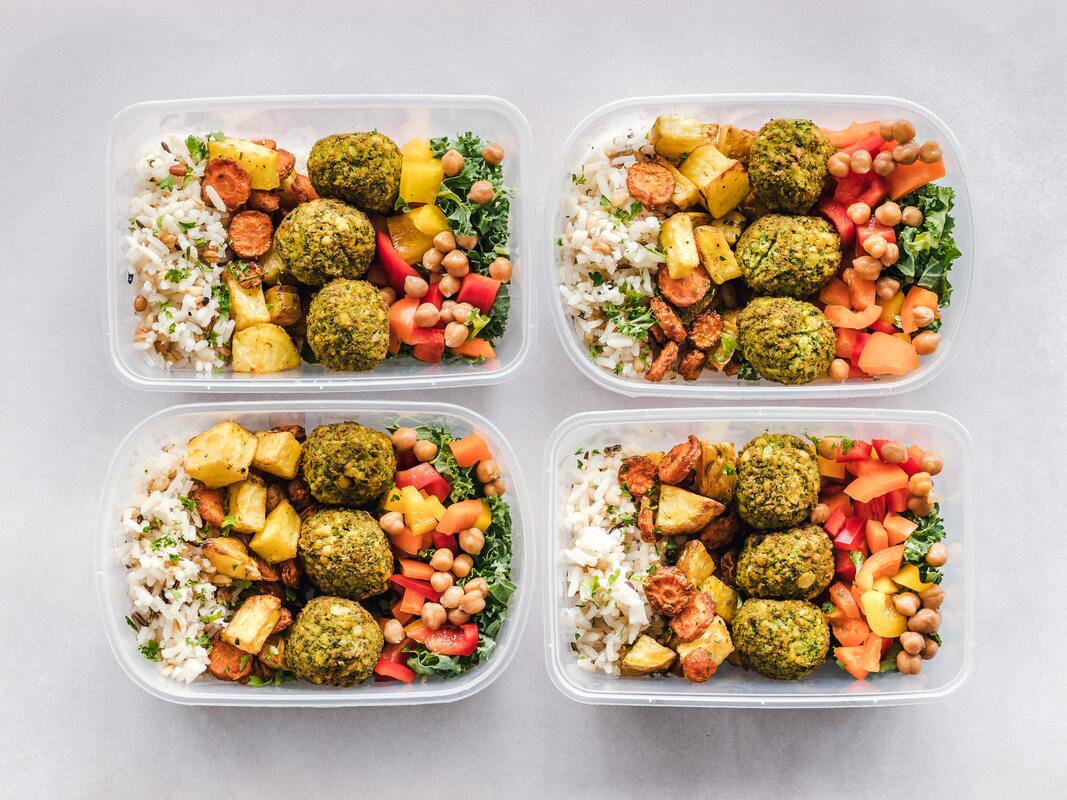



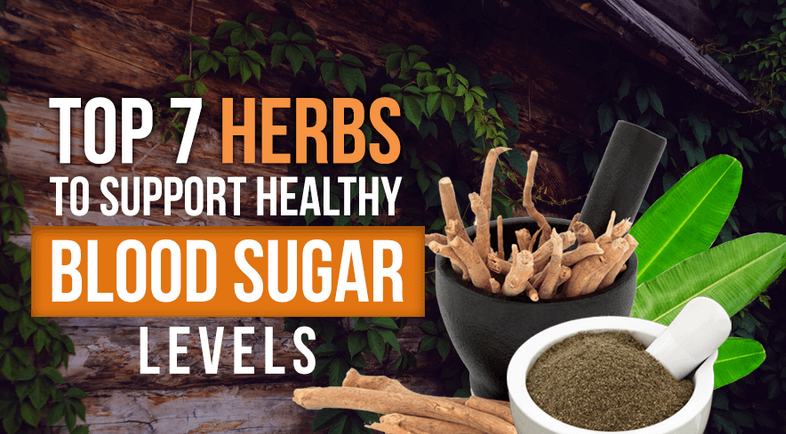








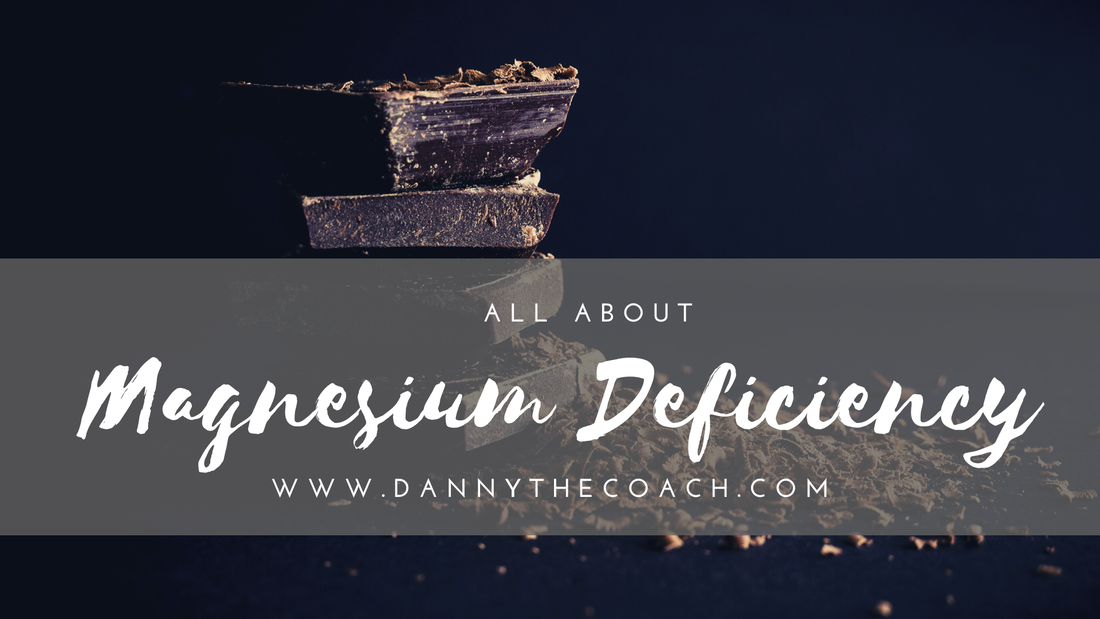







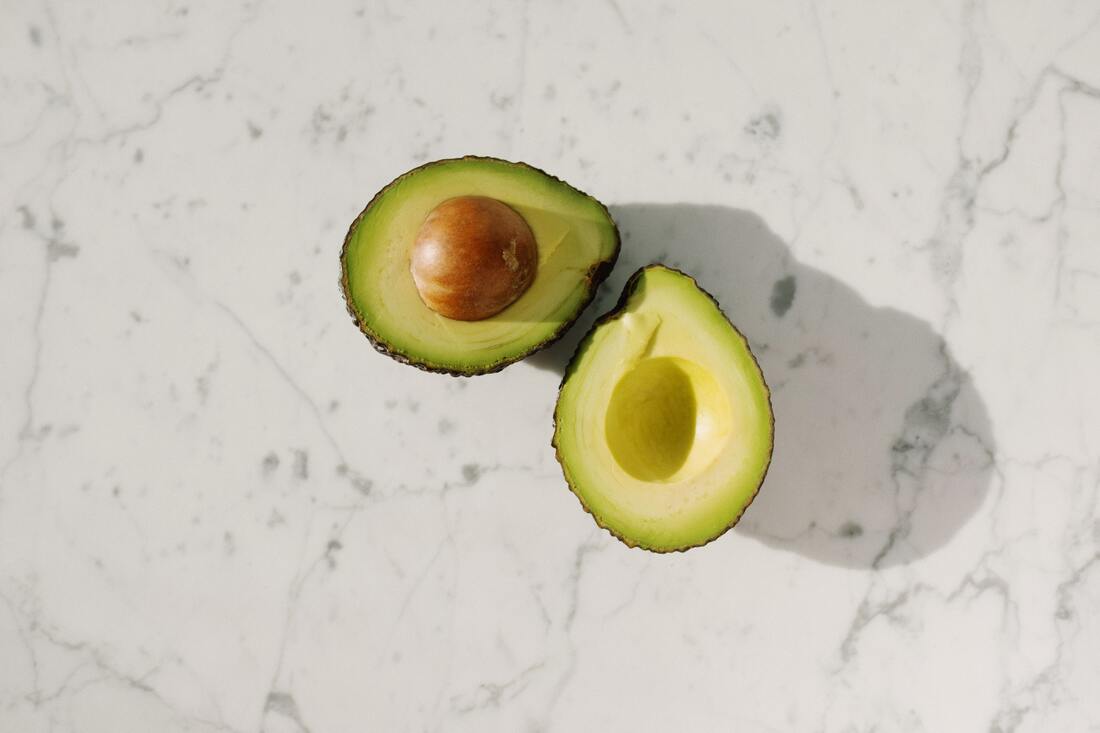




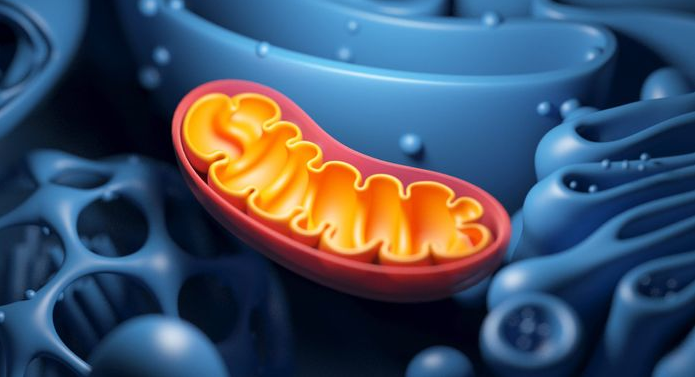


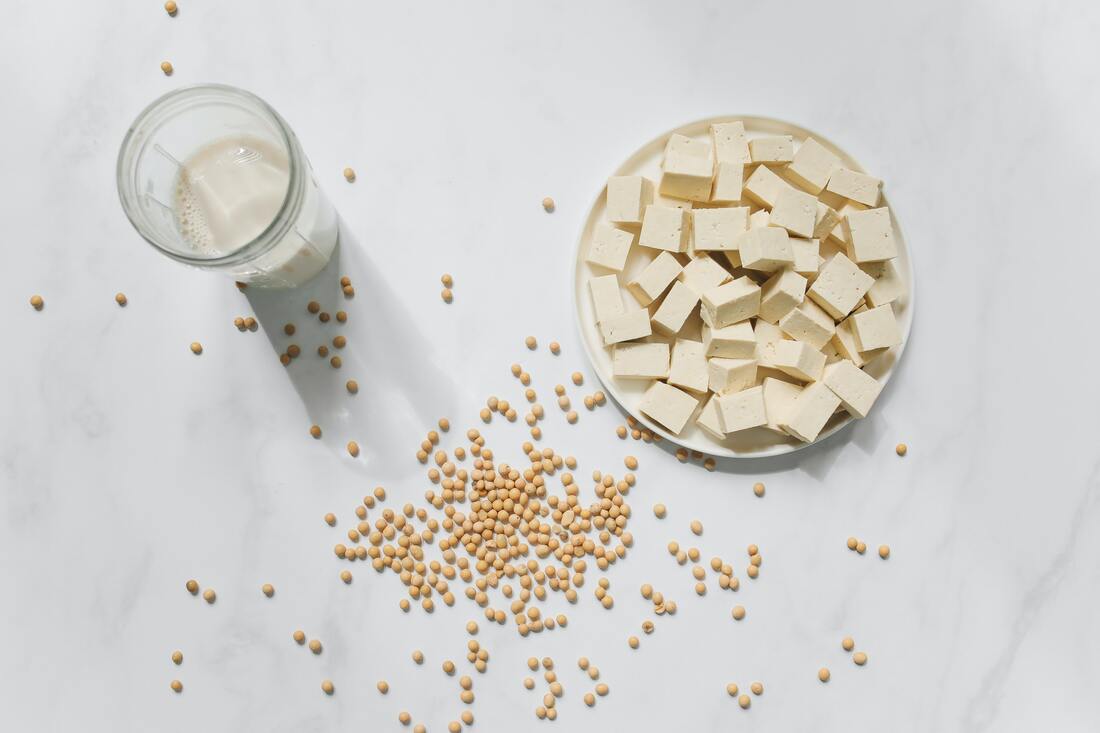





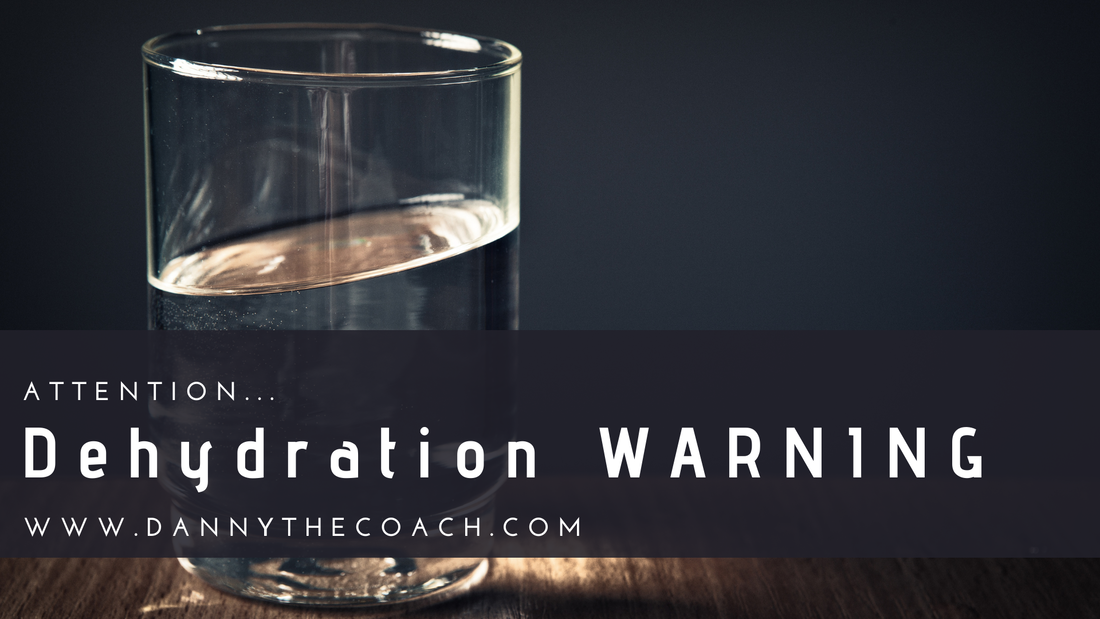















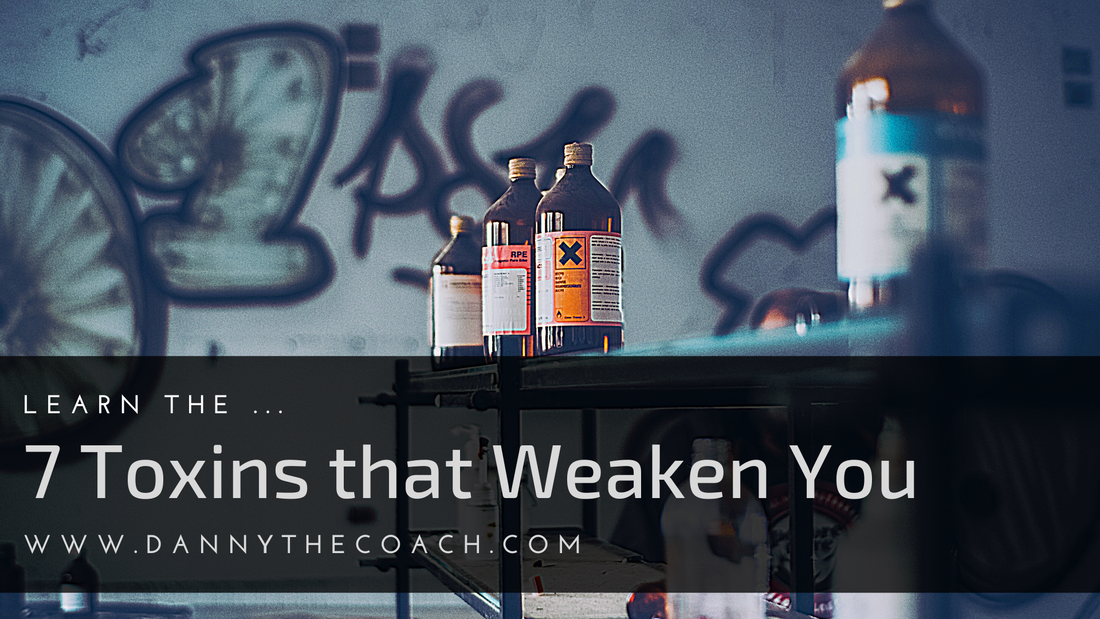



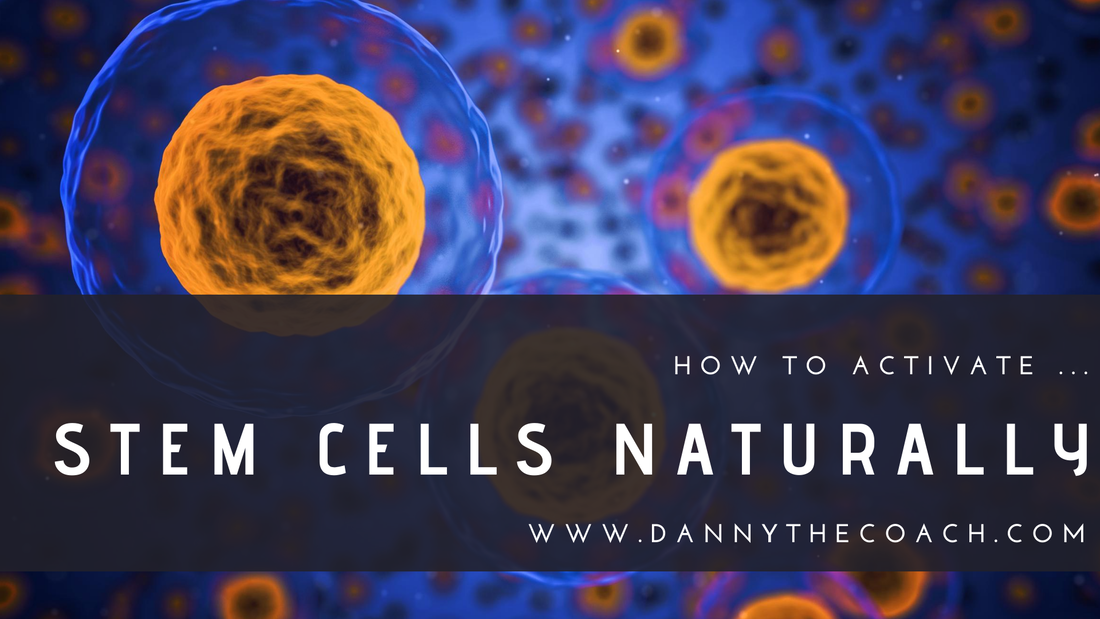




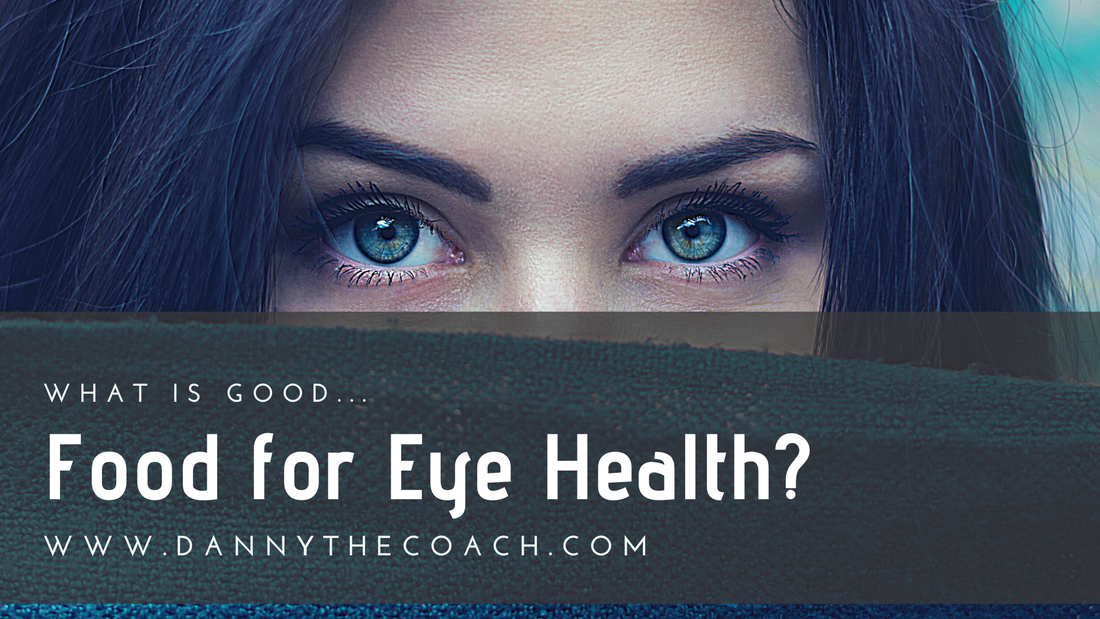

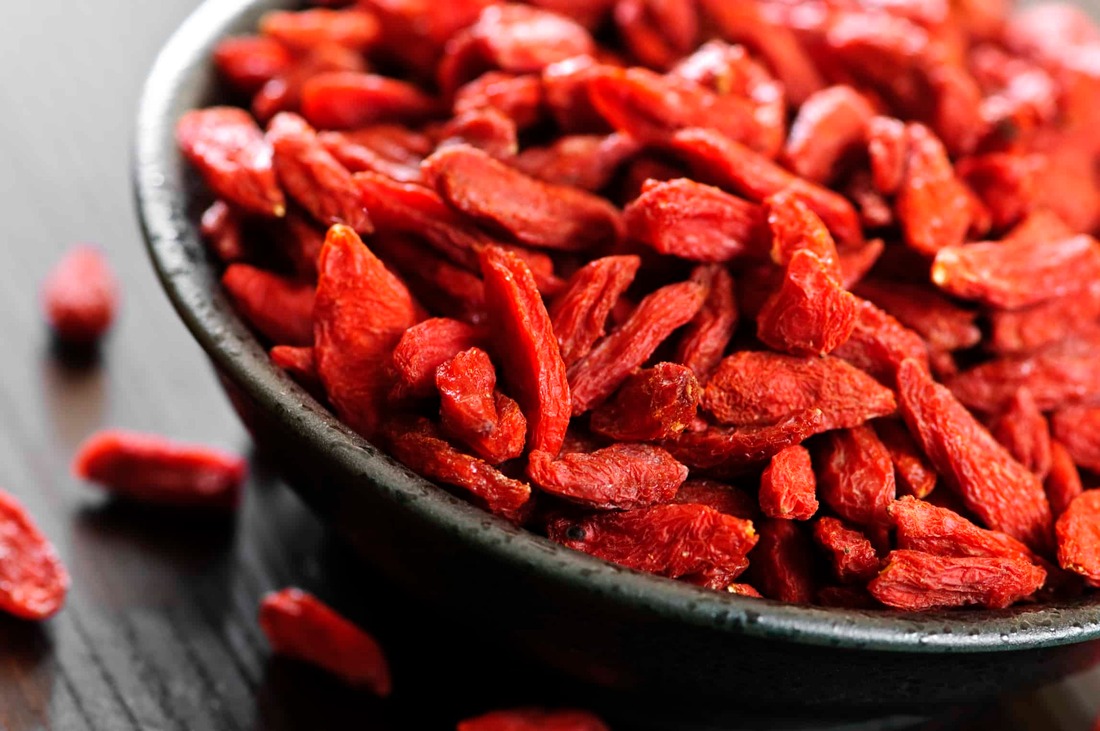

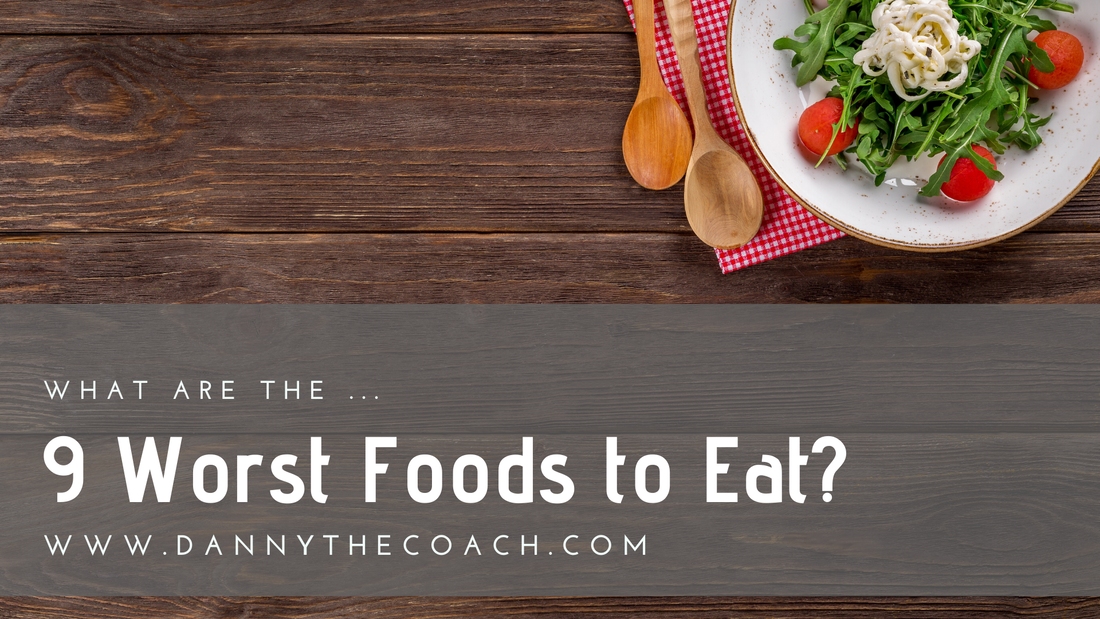
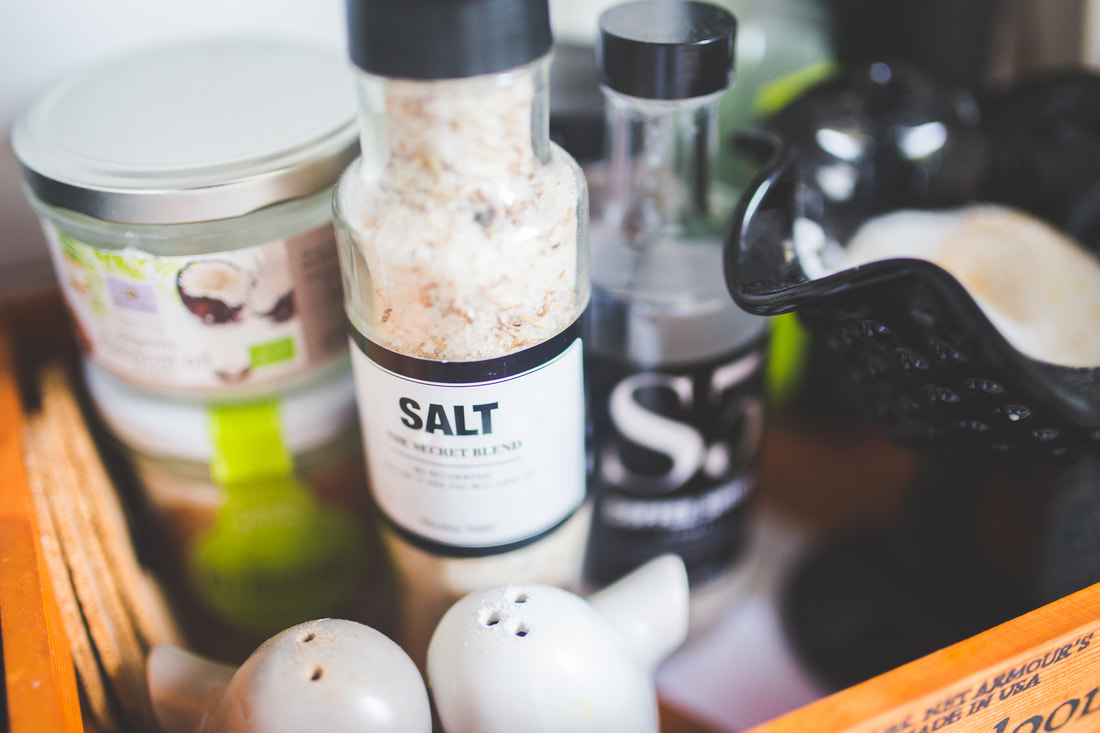
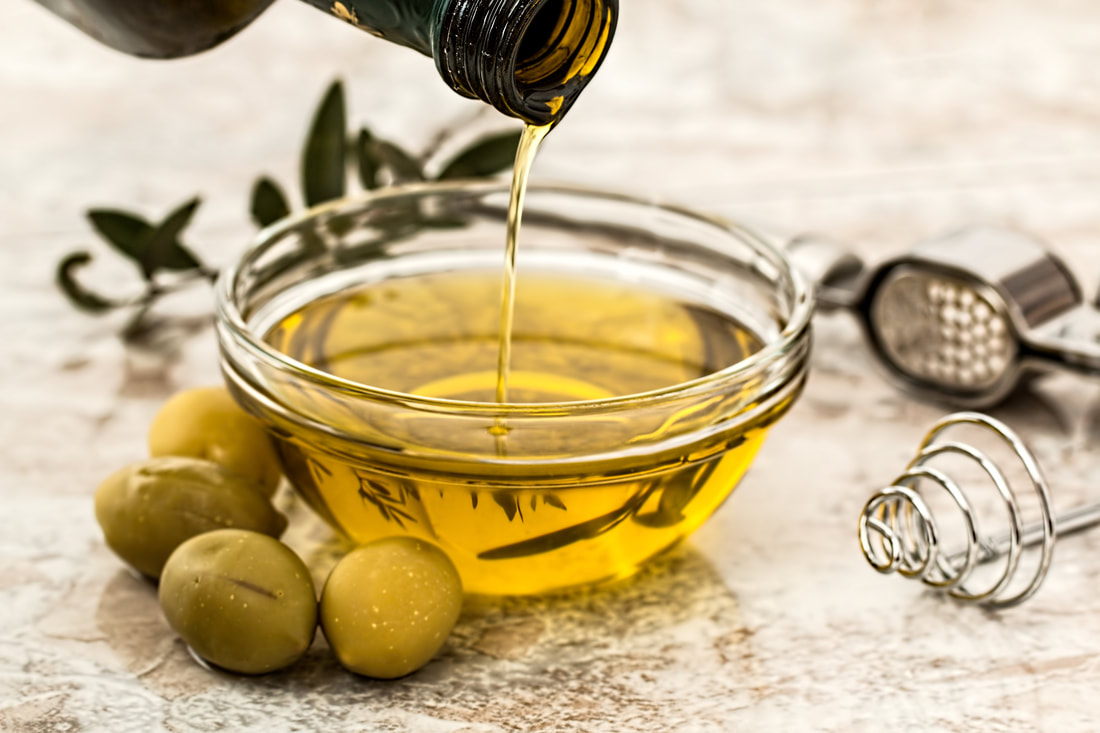





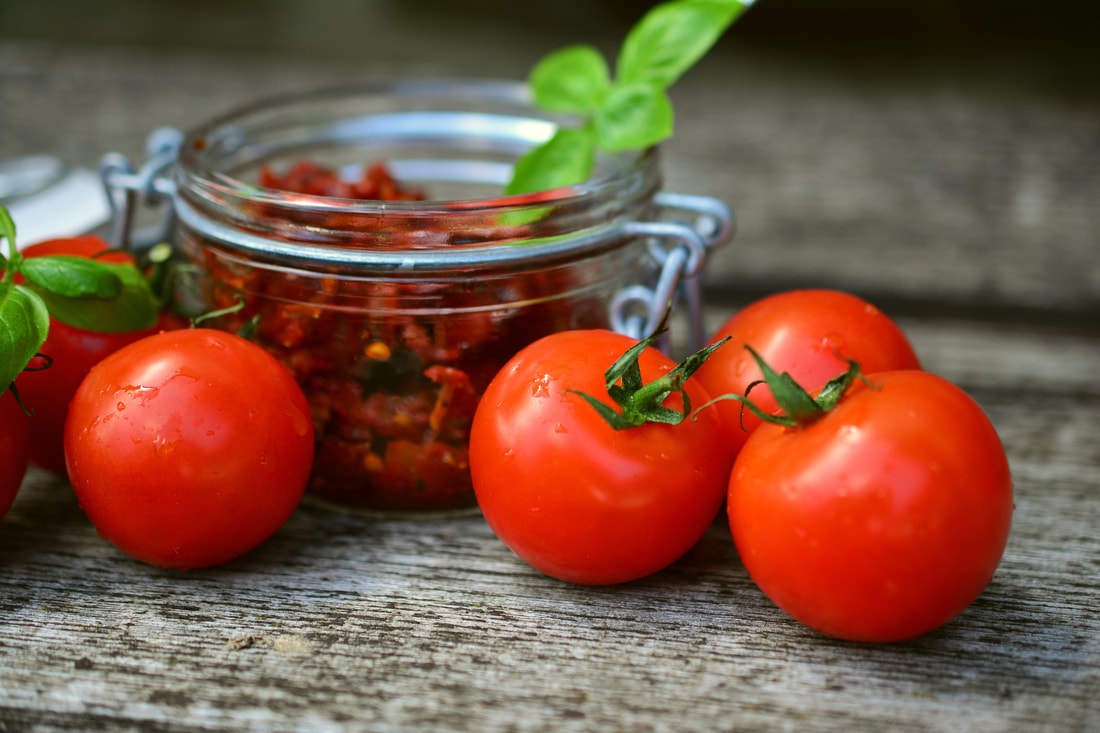







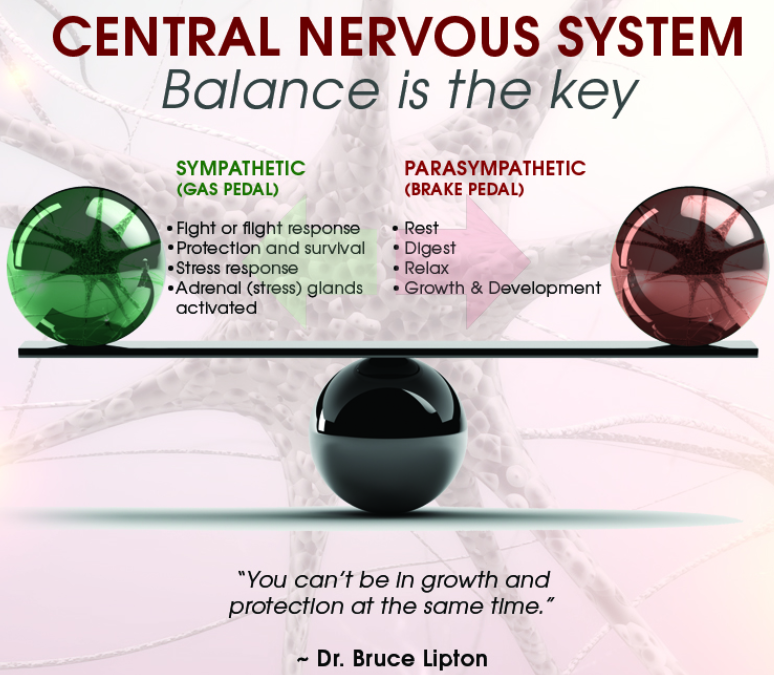



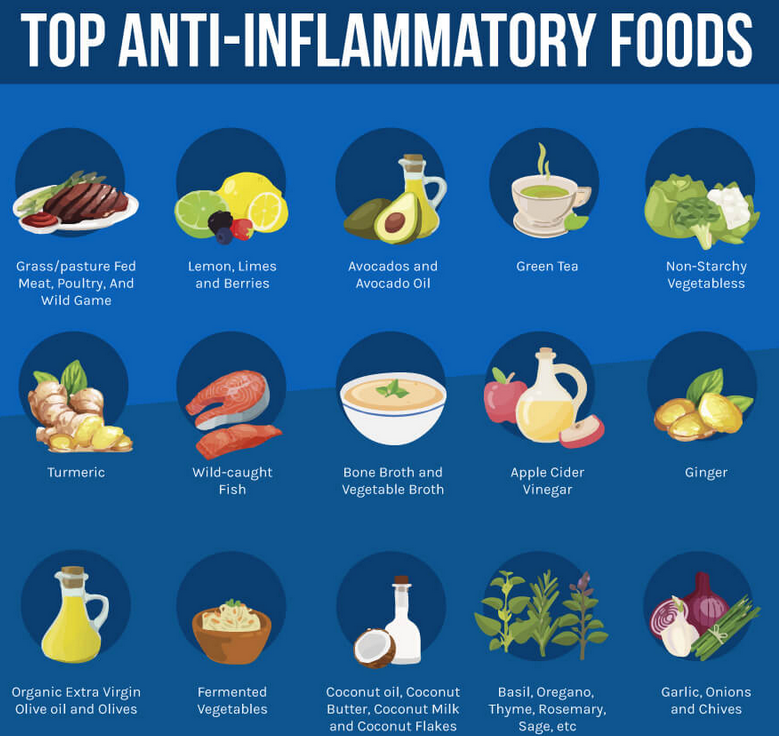














 RSS Feed
RSS Feed